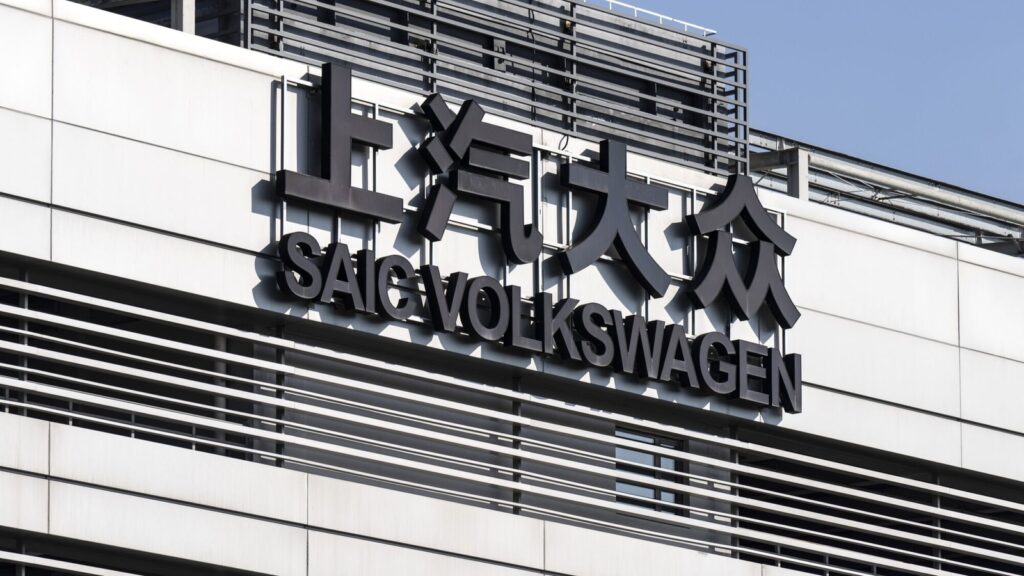‘We welcome competition but…’: EU hits China-made EVs with more tariffs

The European Union (EU) imposed additional tariff on electric vehicles (EVs) made in China in a move that has led Beijing to lodge a complaint with the World Trade Organization (WTO) . This is the second time that Chinese EVs sold in Europe have been hit with a tariff hike with EU officials calling for fair competition while Chinese counterparts crying foul.

At present, there is an up to 10 per cent duty on cars made in China and the recently-announced tariff will be over and above this. It is reported that the likes of Geely now faces an extra duty of around 18.8 per cent while SAIC will be staring at a tariff of 35.3 per cent. This figure will vary from brand to brand but in essence, make units imported from China and sold in Europe more expensive.
(Also read: China tells local carmakers to keep advanced EV tech restricted to home market)
So why is EU targeting Chinese EVs? “By adopting these proportionate and targeted measures after a rigorous investigation, we’re standing up for fair market practices and for the European industrial base,” said EU trade chief Valdis Dombrovskis. “We welcome competition, including in the electric vehicle sector, but it must be underpinned by fairness and a level playing field.”
In a sharp reaction, China filed a complaint with WTO. “China will… take all necessary measures to firmly protect the legitimate rights and interests of Chinese companies,” Beijing’s commerce ministry said.
Chinese EVs clogging Europe
An EU investigation earlier this year found that Chinese EV makers are benefiting from government subsidies and policies that allows each to manufacture products at a low cost and then sell them on foreign shores at a similarly low price, hurting the competition. Chinese EVs have become increasingly popular in many European countries because brands have vastly improved quality and reliability concerns, and primarily because these are far more affordable than a comparable model from a European car company.
(Also read: Study predicts one in every three cars sold from 2030 will be from Chinese brand)
But Beijing previously called tariff imposition and hike unfair, even going to the extent of terming these as ‘unreasonable protectionist practices.’

Not everyone in Europe is fine with the idea of tariffs on Chinese EVs either. Many European brands do massive business in China, the world’s largest vehicle and EV market. The concern – and even fear – is that a reactionary step from Chinese authorities will have a deeply detrimental impact on their own prospects. According to news agency AFP, Germany’s main auto industry group has also warned of tariff hikes increasing the risk of a long-standing trade war.
Earlier this month – on October 8 – China confirmed it would put in place provisional tariffs on brandy imported from the EU. The country has also launched a probe into EU subsidies on dairy and pork products. Is this an indication that Europe-made cars in China may also become victims of a tariff hike?




